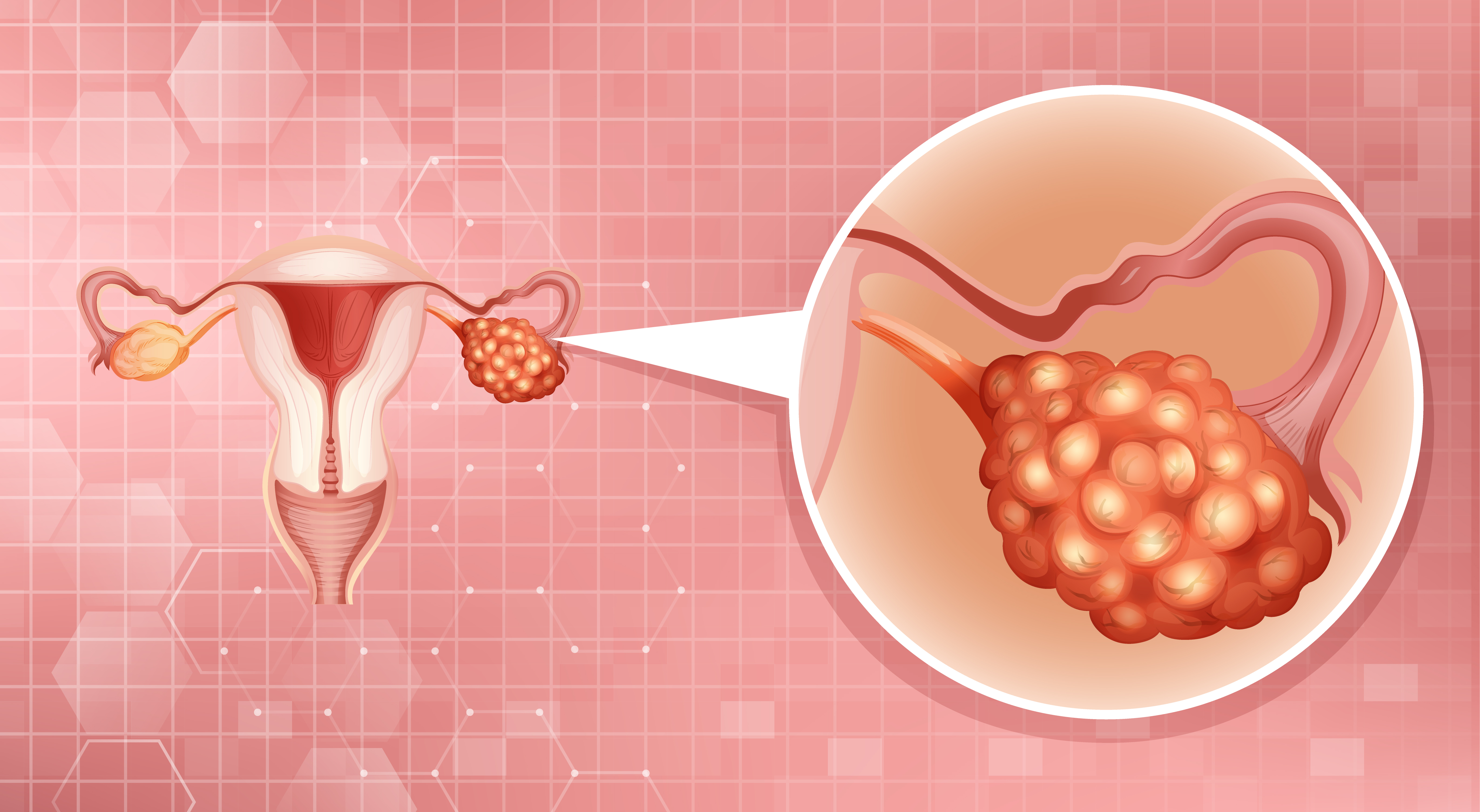

Endometriosis, a condition where tissue similar to the lining of the uterus grows outside the womb, affects millions of women worldwide. Beyond its well-known impact on fertility and quality of life, recent studies have uncovered a potential link between endometriosis and certain types of cancers, raising important questions about how this connection influences treatment approaches. In this comprehensive blog, we will delve into the intricate relationship between endometriosis and cancer risk, shedding light on the latest research and exploring treatments tailored to address endometriosis-induced cancer.
While endometriosis itself is a benign condition, research suggests an association between endometriosis and an increased risk of certain cancers, particularly ovarian cancer. Understanding this connection is essential for both patients and healthcare providers.
Studies have indicated that women with endometriosis may face an elevated risk of developing ovarian cancer.
The extent of this risk varies, and factors such as the duration and severity of endometriosis may play a role.
Given the subtle and often asymptomatic nature of endometriosis, diagnosing the condition early poses challenges. However, advancements in medical imaging and diagnostic techniques have improved our ability to identify endometriosis and monitor potential cancer risks.
Techniques such as transvaginal ultrasound and magnetic resonance imaging (MRI) enable more accurate detection of endometriotic lesions.
Early detection allows for proactive monitoring and timely intervention if cancer risks are identified.
The intersection of endometriosis and cancer risk demands a nuanced approach to treatment. Tailored strategies are essential to address both conditions effectively.
Hormonal therapies, such as birth control pills or GnRH agonists, are commonly used to manage endometriosis symptoms.
Endometriosis expert can also play a role in reducing the risk of cancer development associated with endometriosis.
Laparoscopic surgery, a minimally invasive approach, is often employed to remove endometrial growths and assess the extent of the condition.
Can be considered in certain cases, particularly when other options prove ineffective. Laparoscopic surgery is often preferred due to its minimally invasive nature. The goals of surgery can be to remove or ablate (destroy) endometriosis implants and/or remove tissue like the ovaries or uterus, depending on the individual's situation and desire for future fertility.
In cases where cancer risks are identified, surgical removal of affected tissues may be recommended to mitigate potential cancer development.
Endometriosis surgery may be an option to discuss with your doctor for managing your symptoms.
Empowering individuals with knowledge about the relationship between endometriosis and cancer risk is crucial. Advocacy for regular health check-ups and proactive communication with healthcare providers can contribute to early detection and intervention.
Promoting awareness about the potential link between endometriosis and cancer through educational campaigns encourages women to seek timely medical advice.
Understanding symptoms and risk factors empowers individuals to make informed decisions about their health.
Ongoing research continues to unravel the complexities of the endometriosis-cancer connection. Future perspectives in treatment may involve a multidisciplinary approach, integrating gynecologists, oncologists, and researchers to enhance our understanding and refine treatment strategies.
Collaborations between gynecological and oncological research teams are crucial to advancing our understanding of the molecular mechanisms linking endometriosis and cancer.
Identifying biomarkers and genetic factors can contribute to personalized treatment approaches.
The vast majority of women with endometriosis will not develop cancer.
Regular screening and healthy lifestyle choices remain crucial for everyone, regardless of endometriosis status.
Discussing any specific concerns with a healthcare professional is essential.
Navigating the landscape of endometriosis-induced cancer requires a holistic approach that considers both conditions comprehensively. Timely diagnosis, personalized treatment plans, and ongoing research efforts collectively contribute to enhancing women's health outcomes.
As we delve deeper into the relationship between endometriosis and cancer risk, it becomes evident that a proactive and informed approach is key. By fostering awareness, encouraging regular health check-ups, and advancing research initiatives, we take significant strides toward a future where the impact of endometriosis on cancer risk is effectively managed, and women's health is prioritized at every stage of their healthcare journey.